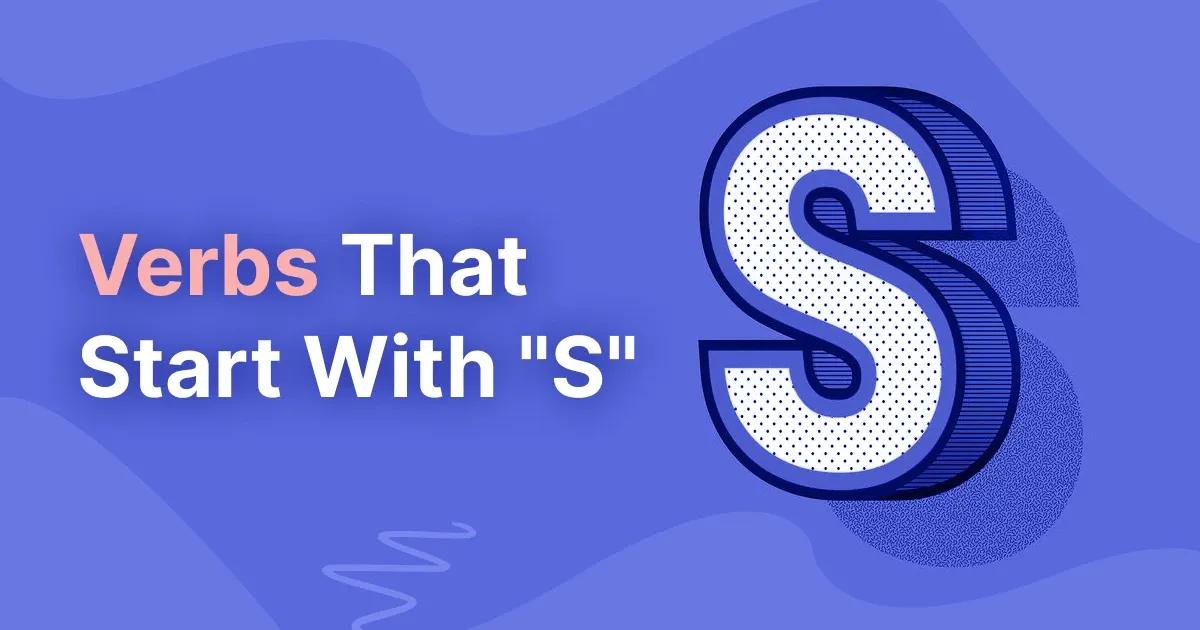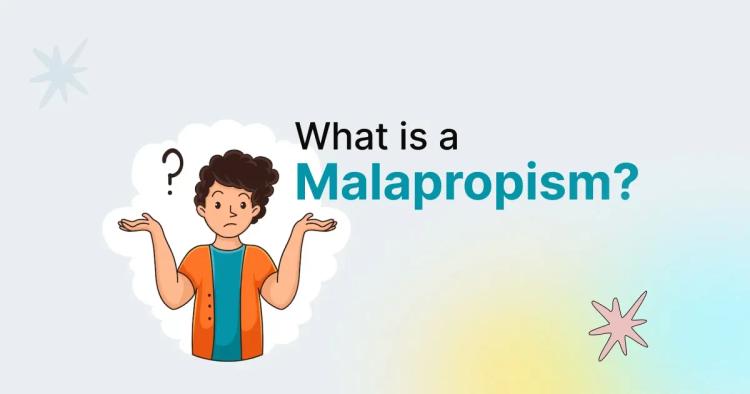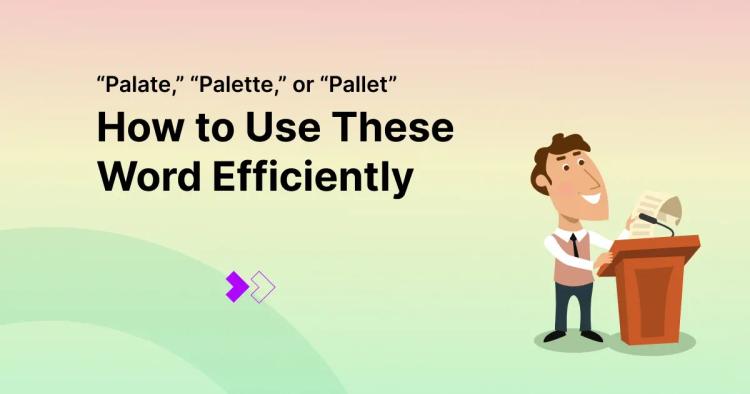Understanding verbs that end in "S" is crucial for mastering English grammar. These verbs play a significant role in indicating actions, states, or occurrences in sentences. Whether it's regular verbs like "walks" or irregular verbs like "goes," the "S" ending often signifies the third person singular present tense.
This means the action is being performed by someone or something in the present and singular form. Regular verbs are those that follow a consistent pattern when adding the "S" ending, such as "jump" becoming "jumps" or "talk" becoming "talks."
On the other hand, irregular verbs have unique forms in the third person singular present tense, like "go" becoming "goes" instead of "gos." Understanding the distinction between regular and irregular verbs ending in "S" is fundamental for effective communication in English.
Regular Verbs Ending in "S"
Regular verbs ending in "S" follow a predictable pattern, making them easier to conjugate. These verbs maintain the same base form but add "S" to indicate the third-person singular present tense. For example, "run" becomes "runs," "eat" becomes "eats," and "play" becomes "plays."
This consistent structure simplifies language learning and helps convey actions performed by individuals or objects in the present tense. Regular verbs ending in "S" are widely used in everyday conversation and writing.
They provide clarity and precision in communication, allowing speakers and writers to convey specific actions and events. By mastering the conjugation of regular verbs, individuals can express themselves effectively and fluently in English.
Irregular Verbs Ending in "S"
Unlike regular verbs, irregular verbs ending in "S" do not follow a consistent pattern. Instead, each irregular verb has its unique form in the third-person singular present tense. For instance, "go" becomes "goes," "have" becomes "has," and "do" becomes "does."
Learning irregular verbs requires memorization of their various forms, which can be challenging for language learners. Despite their irregularities, verbs ending in "S" remain essential in English grammar. They are commonly used in everyday speech and writing to describe actions performed by singular subjects in the present tense.
While irregular verbs may pose difficulties in learning, mastering them enhances language proficiency and enables effective communication.
Verbs With "S" for Third Person Singular Present Tense
Verbs with "S" for third person singular present tense indicate actions performed by a singular subject in the present. This grammatical feature is essential for accurately conveying who is acting and when it occurs.
Whether it's a regular verb like "walks" or an irregular verb like "goes," the "S" ending signals that the action is happening in the present and involves a single entity.
Using verbs with "S" for third person singular present tense adds precision and clarity to sentences. It helps avoid ambiguity by specifying the subject and tense of the action. Whether speaking, writing, or reading, recognizing verbs with "S" is crucial for understanding and producing grammatically correct English sentences.
Examples of Verbs With "S":
Let's look at some vivid examples of verbs ending in "S" in action:
- The sun rises majestically over the horizon.
- The wind whispers secrets through the rustling leaves.
- The river flows serenely, carving paths through the landscape.
- The child giggles gleefully, filling the room with joy.
- The clock ticks steadily, marking the passage of time.
These examples highlight the versatility and beauty of verbs suffixed with "S," painting a clear image for your understanding.
Common Mistakes with Verbs Ending in "S":
Despite their ubiquity, verbs ending in "S" often become the unwitting culprits of grammatical errors. Common mistakes include:
-
Subject-verb agreement errors: Incorrectly matching the verb form with the subject, leading to awkward or nonsensical sentences.
-
Failure to add "S" for third person singular: Forgetting to append "S" to the base verb when describing actions performed by a singular subject in the present tense.
-
Confusion with irregular verbs: Mistaking irregular verbs ending in "S" for regular ones, leads to erroneous conjugation.
Importance of Correct Verb Usage
Correct verb usage is paramount for effective communication in English. Verbs serve as the backbone of sentences, conveying actions, states, or occurrences. Using verbs accurately ensures that messages are conveyed clearly and precisely, enabling effective communication between speakers and listeners or writers and readers.
Proper verb usage enhances the overall quality of writing and speech, making messages more coherent and engaging. It establishes credibility and professionalism, reflecting the speaker or writer's linguistic proficiency and attention to detail.
Whether in formal documents, academic papers, or casual conversations, employing correct verb forms contributes to effective communication and comprehension.
Utilizing Copychecker's Grammar Checker Tool
In the digital age, tools like Copychecker's Grammar Checker have revolutionized how we approach writing and editing. Copychecker employs advanced algorithms to analyze text for grammatical errors, including those related to verb usage.
Highlighting potential mistakes and providing suggestions for corrections, Copychecker empowers writers to enhance the quality and accuracy of their content.
How Copychecker Helps Identify Verb Errors
Copychecker employs sophisticated language processing technology to identify verb errors in text. Whether it's a missing "S" in a regular verb or an incorrect conjugation of an irregular verb, its algorithms swiftly detect these issues.
Flagging verb-related errors and offering suggestions for correction, Copychecker assists writers in producing polished and error-free content.
Improving Writing with Copychecker's Suggestions
Copychecker's Grammar Checker goes beyond merely identifying verb errors—it also provides valuable suggestions for improvement. From offering alternative verb forms to recommending changes in sentence structure, Copychecker helps writers refine their writing style and enhance clarity.
By incorporating Copychecker's suggestions, writers can elevate the quality of their content and communicate more effectively with their audience.
FAQs
What are verbs that start with S?
Verbs that start with "S" include words like "sing," "swim," "speak," and "study." These verbs denote various actions or states beginning with the letter "S."
What are verbs ending in S?
Verbs ending in "S" are those that signify the third person singular present tense in English. Examples include "runs," "plays," "eats," and "sleeps."
What are verbs that end in S?
Verbs that end in "S" refer to regular and irregular verbs that indicate actions performed by a singular subject in the present tense. Examples include "walks," "goes," "has," and "does."
What is verb conjugation, and how does it relate to verbs that end in S?
Verb conjugation involves altering the form of a verb to indicate tense, mood, aspect, or voice. Verbs that end in "S" often undergo conjugation to reflect the third-person singular present tense. This process ensures grammatical agreement between a sentence's subject and verb.
Conclusion: Mastering Verbs Ending in "S"
Mastering verbs ending in "S" is essential for fluency and accuracy in English communication. Whether regular or irregular, verbs with "S" play a vital role in indicating actions performed by singular subjects in the present tense.
By understanding the conjugation rules, recognizing common mistakes, and utilizing tools like Copychecker, individuals can improve their verb usage and enhance the clarity and precision of their writing and speech.
With practice and attention to detail, mastering verbs ending in "S" becomes attainable, contributing to effective communication and linguistic proficiency.




